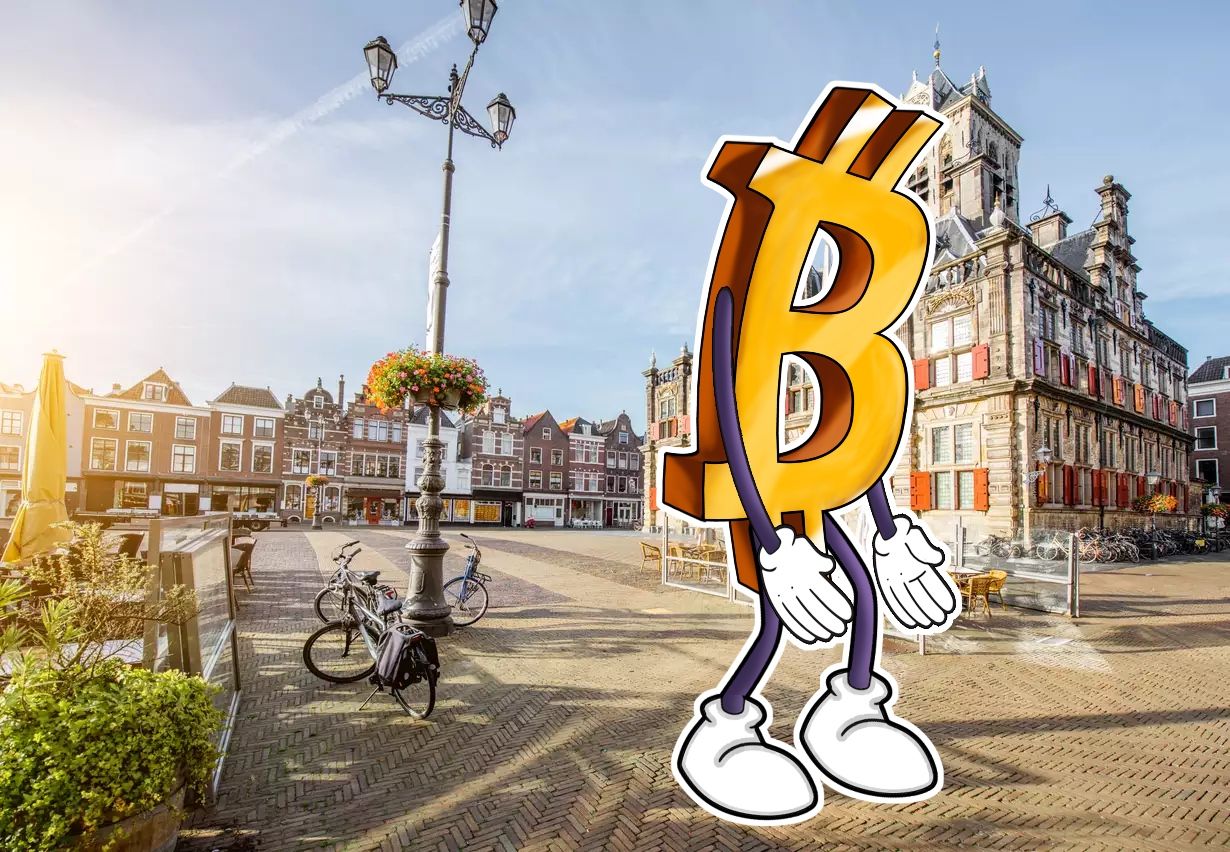In an official blog, Bittr founder Ruben Waterman announced that his bitcoin exchange would be shutting down before the end of this month as the one-man operation does not have the capital to comply with the new regulations. Bittr was launched back in 2018. The Dutch National Bank estimates that registration alone costs $36,500, other than the cost of compliance needs for a crypto exchange. European Union’s 5th Anti-Money Laundering Directive (AMLD5) has forced several crypto companies to shut down for many different reasons.
“AMLD5 went into effect in January 2020.”
European Union’s 5th Anti-Money Laundering Directive (AMLD5) went into effect in January 2020, and since then, several crypto companies have shut down in the continent. Crypto companies are claiming that the Dutch National Bank and Ministry of Finance were strengthening the EU directive needlessly while using doublespeak with the Dutch Parliament. The firms asserted that the regulators had created a de facto licensing regime, but AMLD5 calls for mere registration of cryptocurrency businesses in Europe.
Cryptocurrencies are not being used on the same scale as cash for money laundering.
According to a parliamentary report from April 21, Dutch Senator Bastiaan van Apeldoorn said that it’s unlikely that cryptocurrencies are being used on the same scale as cash for money laundering, but that they still require supervision. Van Apeldoorn further said in the report that the crypto phenomenon does exist, and it is likely to take on even more significant, if not different, forms in the future. It is therefore right that this is also adequately regulated concerning money laundering.
Bittr founder Ruben Waterman wrote that the registration process was still a licensing regime, verbiage aside. He further explained in an analogy that “If it looks like a duck, swims like a duck, and quacks like a duck, then it probably is a duck.” Another crypto exchange based in Netherlands, Bitonic, operated by Daan Kleiman, wrote in a company post that the final legislation resolved the two main issues of concern for his company.








